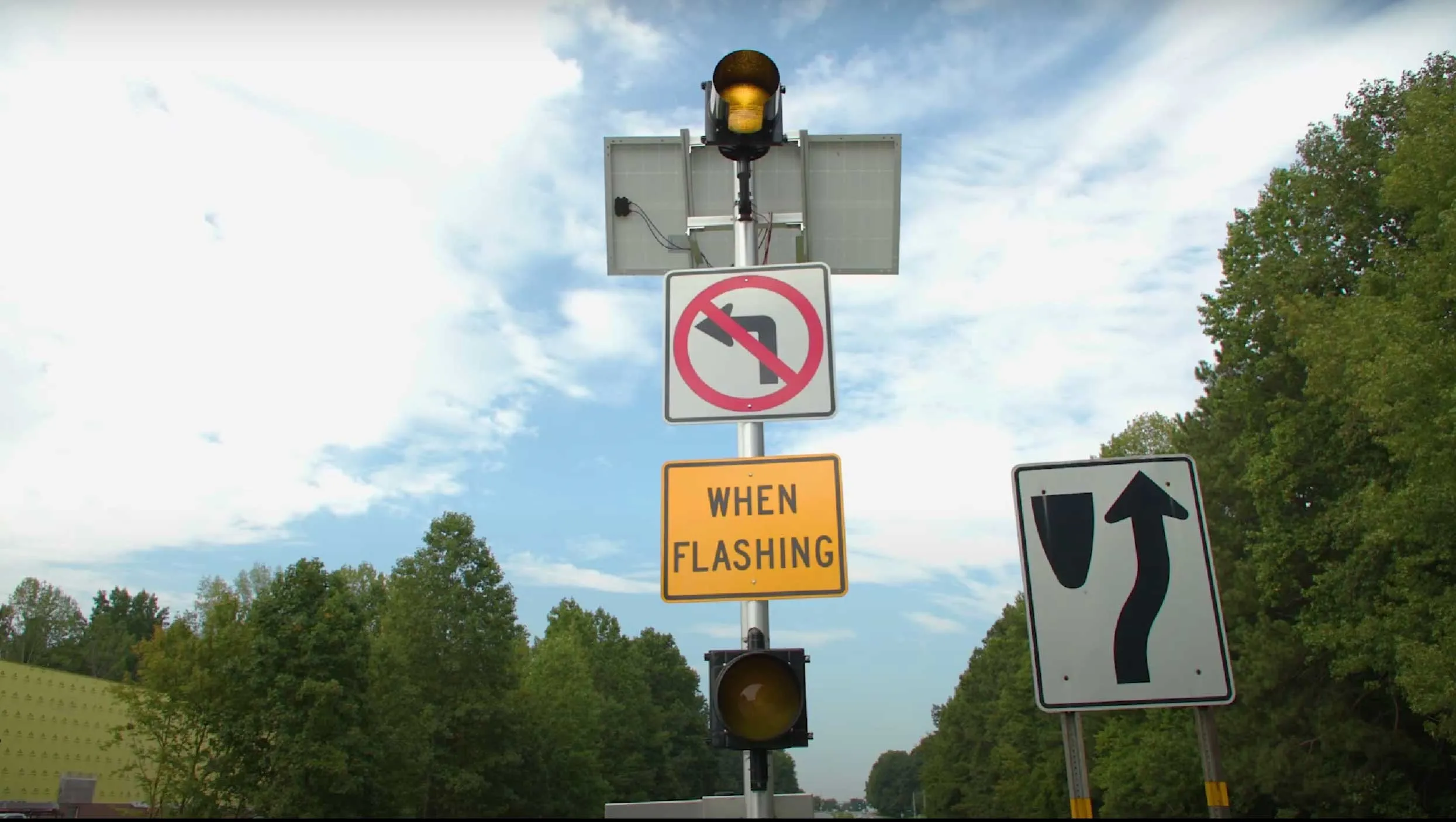The
EasyMile will use its EZ10 electric shuttle on MnDOT’s pavement test facility, MnROAD. Testing will include how the shuttle operates in snow and ice conditions, at low temperatures and on roads with salt.
Jay Hietpas, MnDOT state traffic engineer and project manager, said that 3M is also partnering in the project to research various connected vehicle concepts such as sensor enhancement and advanced roadway safety materials.
The shuttle will also showcase during the week of the Super Bowl 2018.
EasyMile selected for autonomous shuttle project in Minnesota
The Minnesota Department of Transportation (MnDOT) has chosen French driverless technology company EasyMile to lead its autonomous shuttle bus pilot project. According to MnDOT, this will be the first cold climate test in the US. EasyMile will use its EZ10 electric shuttle on MnDOT’s pavement test facility, MnROAD. Testing will include how the shuttle operates in snow and ice conditions, at low temperatures and on roads with salt.
October 5, 2017
Read time: 1 min








